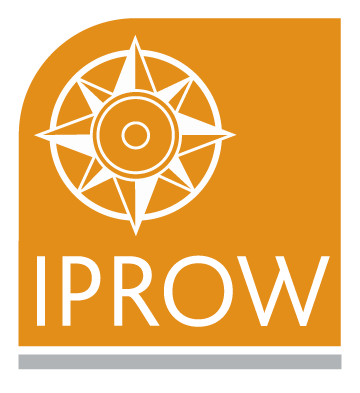Tithe and Finance Act records
Event Over
If you are interested in a repeat of this event, contact training@iprow.co.uk
Virtual by Microsoft Teams
Records arising from the commution of tithe under the Tithe Act 1836 and taxable land records under the Finance Act 1910 are primary sources of evidence in rights of way cases, whether for considering the existence of rights or their alignment or width at the time. To use the records requires knowledge of the process and reasons for their creation and understanding of the constraints of their interpretation and conclusivity.
Main topics
- Overview of the history of the Tithe and Finance Act records
- Examination of the cartographic and documentary structure of both records
- Techniques for deciphering and finding relevant parts of records for a route
- Interpreting the evidence on balance of probability and applying legal principles
- Discussion of key interpretation challenges, such as first and second class tithe maps, apportionment descriptions, ‘white’ roads, and deductions for public rights of way.
- Typical points of dispute and arguments
Learning outcomes
- In-depth understanding of tithe apportionments and maps, and Finance Act 1910 documents and maps
- Knowledge of the various types of records and their interpretation
- Awareness of the common points of dispute in rights of way cases
- Understanding of the strengths and limitations of these records as evidence
Level
Introduction-Intermediate. The course is designed for council officers using tithe and Finance Act records for definitive map modification orders and to ascertain alignment and/or existence of rights of way. It is assumed that officers are already aware of why evidence is required, how it may be used and what is being sought from evidence.
Trainer
Tom Breen, Postdoctoral Researcher 'In All Our Footsteps', Oxford Brookes University
Cost
Members £253, non-members £373 (+VAT)
Software
Microsoft Teams is the software used for training which is available to anyone. Using the app is strongly recommended for full functionality as the web browser version may be missing some facilities, although full participation should be possible, use of some apps within Teams may be limited by participating organisation's protocols.
Recording
See Event recording.
Terms and Conditions
See Event booking terms.
